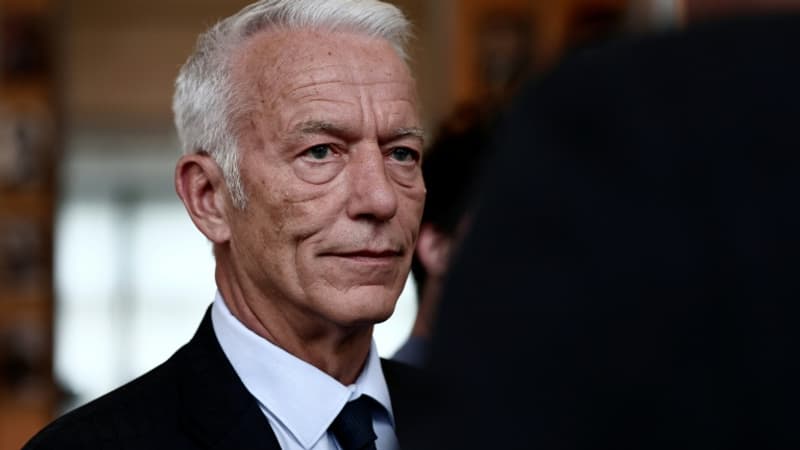The president of the Medef, Patrick Martin, warned on Saturday that a “mobilization of employers” would be organized “if commercial taxes were increased, within the framework of the 2026 budget, and denounced” a form of spoliation “in the Zucman tax claimed by the left.
“Companies cannot support new taxes or additional taxes. On the contrary, it is urgent to loosen the hand brake to relaunch the investment,” said the leader of the first French employers organization in an interview published on the Parisian website.
“If taxes increase, there will be a great mobilization of employers”, “beyond Medef,” he added, informing that Medef members are “very worried.”
Companies among “the most taxes”
“We will not go down the street. We will gather greatly, as was the case in the past, in the form of a meeting, thousands of business leaders of any profile, in terms of size, activity sector, territorial origin to mean that we refuse to be the variable of policies that seem contrary to the soft operation of the country’s economy and interest, in which we play an important role.”
Patrick Martin emphasized that French companies were “the most imposed among OECD countries, a deduction of the aid they receive”, with “13 billion euros in additional samples in 2025”.
In return, deplora that companies have not seen the promise of a decrease in CVAE, a production tax.
The “Zucman” tax in the viewfinder
Among the red lines of Big Boss, which had been received on Friday night by the new Prime Minister Sébastien Lecornu, is a significantly a tax on the very high heritage known as “Zucman” (named for the “economist Gabriel Zucman), claimed by the left.
“It would be a terrible brake for investment and risk for companies. Zucman’s tax incorporates the work tool in the calculation of assets, despite the fact that the ISF did not do it! For some companies, in particular technology, which is worth costly, but that they still do not obtain results or do not distribute dividends, establish this tax would be a form of spawning and condemns them.”
In more general terms, Patrick Martin estimated that the PS’s budgetary proposals would have “a recessive effect” in an already difficult economic situation.
Source: BFM TV


